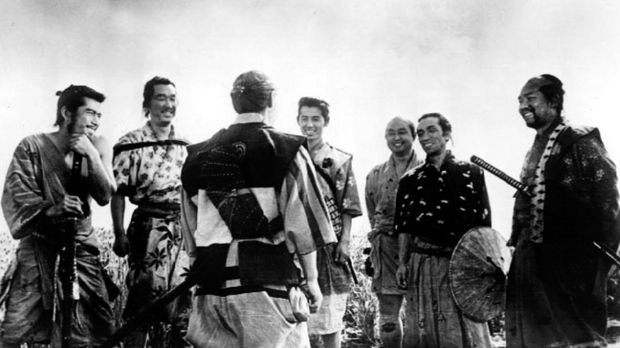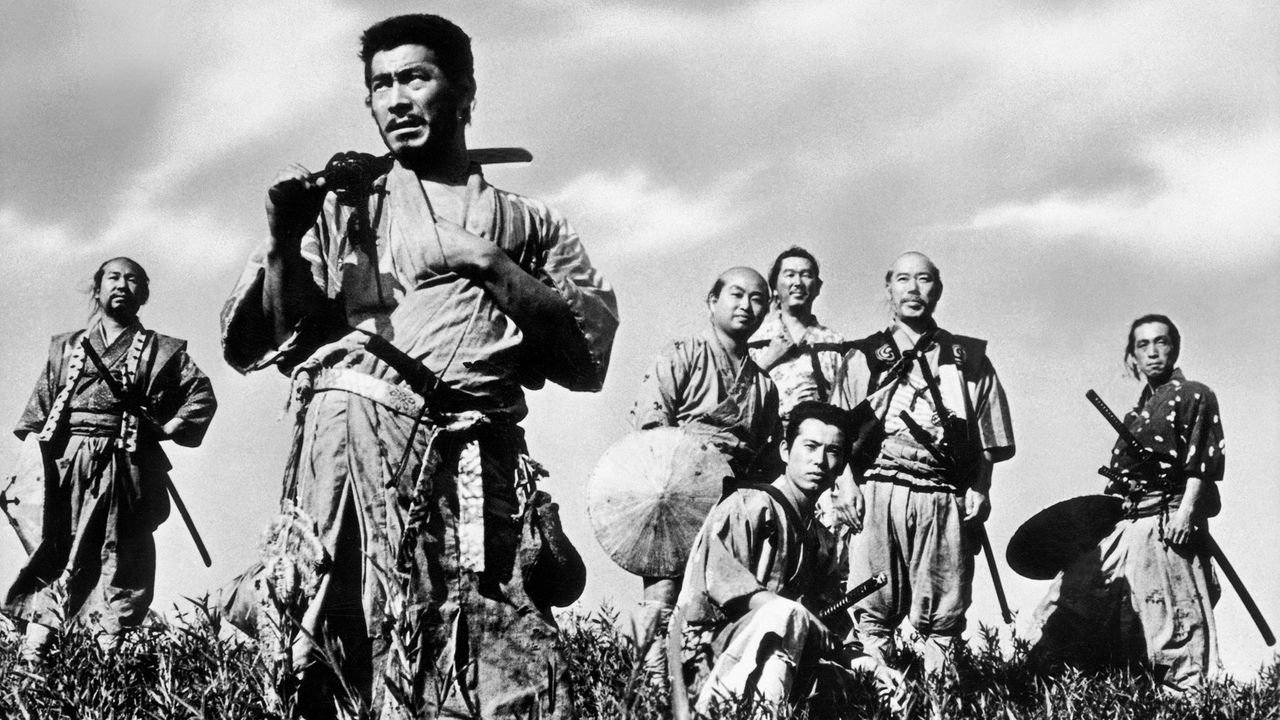The Legacy of Takashi Shimura in Japanese Film History
Takashi Shimura is a name that resonates deeply within the annals of Japanese cinema. With a career spanning over four decades and more than 200 films, Shimura’s contributions to Japanese film are monumental. Often collaborating with legendary directors like Akira Kurosawa, Shimura’s versatility and depth as an actor made him a cornerstone of Japan’s golden age of cinema. This post delves into the legacy of Takashi Shimura, exploring how his work has shaped the landscape of Japanese film and left a lasting impact on the industry.
1. Early Career: The Birth of a Legend
Takashi Shimura was born in 1905 in Hyogo, Japan, and initially pursued a career in education before turning to acting. His early years in the film industry were marked by smaller roles in various jidaigeki (period drama) films. However, it was his association with Akira Kurosawa that would eventually catapult him to fame. In the 1940s, Shimura began to establish himself as a leading man, with a commanding presence that made him a favorite among directors and audiences alike.
Impact:
Shimura’s early work laid the foundation for his later success. His ability to portray a wide range of characters, from samurai to everyday men, demonstrated his versatility and solidified his place as one of Japan’s most dependable actors.
2. Collaborations with Akira Kurosawa: A Cinematic Partnership
Takashi Shimura’s most famous roles came from his collaborations with Akira Kurosawa, one of the most revered filmmakers in the history of cinema. The two first worked together on Sanshiro Sugata (1943), and their partnership would continue for over two decades. Shimura’s performances in Kurosawa’s films are some of the most iconic in Japanese cinema.

Seven Samurai (1954):
In Seven Samurai, Shimura played the wise and compassionate leader, Kambei, who assembles a group of samurai to defend a village from bandits. His portrayal of Kambei is a masterclass in understated strength and dignity, earning him international acclaim.
Ikiru (1952):
Shimura’s role in Ikiru is perhaps his most memorable. He played Kanji Watanabe, a bureaucrat who, after learning he is terminally ill, embarks on a quest to find meaning in his life. Shimura’s portrayal of Watanabe is heartbreaking and profound, capturing the essence of a man coming to terms with his mortality. The film is widely regarded as one of Kurosawa’s greatest works, with Shimura’s performance at its emotional core.
Impact:
Shimura’s collaborations with Kurosawa are legendary, and his performances in these films have become benchmarks for actors in Japan and around the world. His ability to bring complex, layered characters to life helped elevate the films to timeless classics.
3. A Versatile Talent: Beyond Kurosawa
While Shimura is best known for his work with Kurosawa, his career extended far beyond their collaborations. He appeared in a variety of genres, from science fiction to historical epics, showcasing his adaptability as an actor. Notably, Shimura starred in Godzilla (1954) as Dr. Yamane, a scientist trying to understand and contain the giant monster. His role added gravitas to the film, which would go on to become a cornerstone of Japanese pop culture.
Impact:
Shimura’s work outside of Kurosawa’s films demonstrated his range and solidified his reputation as one of Japan’s most respected actors. His performances in different genres helped him reach a broader audience and influenced future generations of actors.
4. Legacy and Influence: A Lasting Impact
Takashi Shimura’s legacy in Japanese cinema is profound. He was an actor who could convey deep emotion with subtlety, bringing a sense of authenticity to every role he played. His work has inspired countless filmmakers and actors, both in Japan and internationally. Directors like Martin Scorsese and George Lucas have cited Kurosawa’s films, in which Shimura played key roles, as major influences on their own work.
Shimura’s portrayal of complex characters who grapple with moral dilemmas and existential crises has left an indelible mark on the film industry. Even today, his performances in films like Seven Samurai and Ikiru are studied by actors and filmmakers for their emotional depth and technical mastery.
Impact:
Takashi Shimura’s influence extends far beyond the films he starred in. His work has become a part of the global cinematic language, and his performances continue to resonate with audiences, proving that great acting transcends time and cultural boundaries.
Conclusion
Takashi Shimura’s contribution to Japanese cinema is immeasurable. Through his collaborations with Akira Kurosawa and his diverse roles across genres, Shimura helped define an era of Japanese filmmaking. His legacy endures not only in the films he left behind but also in the countless artists he has inspired. As one of Japan’s most influential actors, Takashi Shimura’s impact on the world of cinema will be felt for generations to come.



